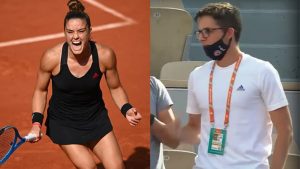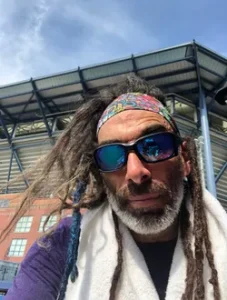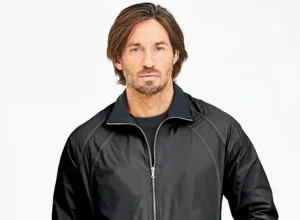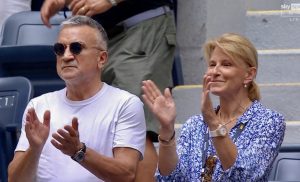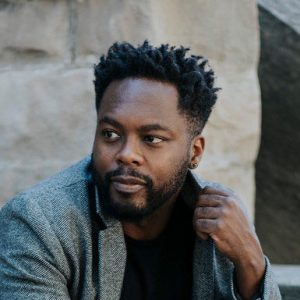Novak Djokovic, who won a sixth Wimbledon and record-equalling 20th major on Sunday, is regarded as a beloved sports hero in both his native Serbia and throughout the former Yugoslavia.
Tennis fans and the general public in the region, tormented by a series of wars in the 1990s that accompanied Yugoslavia’s collapse, cheer for the Serb who is known for his humanitarian work as much as for his sports success.
Donations he made in 2014 to Croatia, Bosnia, and Serbia, hit by catastrophic floods, as well as appeals to help them are still remembered.
At the time Djokovic said on Twitter that his “heart breaks” when he sees how many people had to be evacuated due to floods in Bosnia.
Also Read | Novak Djokovic wins 6th Wimbledon title, equals record of 20 Grand Slams
“Long live all the people of former Yugoslavia. May God be with you,” he tweeted.
He made donations to Serbia to help fight the coronavirus pandemic but also donated ventilators to neighboring Montenegro.
“‘Nole’ represents us all, us Serbs, but also our neighbors Croats, Muslims, all,” said bank employee Kristina Popovic.
“He is always there for us which explains his popularity everywhere in the region,” the 27-year-old from Belgrade told AFP.
In Croatia and Bosnia, whose ties with Serbia remain tense since the 1990s wars, Djokovic is widely respected and liked.
Also Read | Marija Cicak, 1st female chair umpire to officiate Wimbledon men’s final
For Semir Osmanagic, founder of Bosnia’s controversial Pyramid Park, visited by Djokovic three times since mid-2020, the tennis star has “achieved more on communication and understanding between people (in former Yugoslavia) than some politicians … who are mostly dividing us”.
Djokovic, who is known for his new-age spiritual interests, hailed the site, which a large number of people believe has healing powers, as a “paradise on earth”.
Since Djokovic’s visits thousands of Serbs have flocked there, Osmanagic said.
His father Srdjan Djokovic said in 2020 that his son considered all countries that emerged after Yugoslavia’s break-up as his own.
“He never made any difference between them notably when there was a need to help people.”
Also Read | Novak Djokovic: Five memorable Grand Slam match wins
Croatia’s former Wimbledon champion Goran Ivanisevic is Djokovic’s coach while local media often highlight that his mother is of Croatian origins.
The 34-year-old Serb often spends his summer vacation on Croatia’s coast that he labeled a “jewel” and the “most beautiful in the world”.
“I always felt good (in Croatia), people were always receiving me nicely and was always welcome,” he told local media in 2019.
Like Croatians cheer for Djokovic, he himself backstop Croatian athletes as he did during the 2018 World Cup, where Croatia finished runners-up.
The same year, the then Croatian President Kolinda Grabar-Kitarovic on Facebook described Djokovic as a “great man and athlete, to enter Wimbledon finals” and published a photo with him.
Also Read | Which sport helps players earn more? Novak Djokovic’s PTPA has an answer
But his support of the Croatia squad, which he labeled “logical”, sparked criticism in some media and on social networks in Serbia.
“Whom will I support if not Croatia? I simply feel that Croatians are mine,” he told local media in 2019.
Djokovic has kept very firm ties to his native Belgrade where he frequently returns and meets his childhood friends.
Just days after his second victory at the French Open last month he arrived in the Serbian capital to attend the wedding of one of them.
“He never forgot his origins, that’s why I like him even more,” said pastry cook Nedeljko Savic.
Also, Djokovic has invested in Serbia where he has restaurants and notably a tennis center in Belgrade that carries his name.
The Novak Tennis Centre, in the heart of the capital, will be the basis of a future tennis academy that Djokovic plans to set up.
He has also created the charitable Novak Djokovic Foundation, headed by his wife Jelena, supporting early childhood education.
mat-rus-ljv/dj

